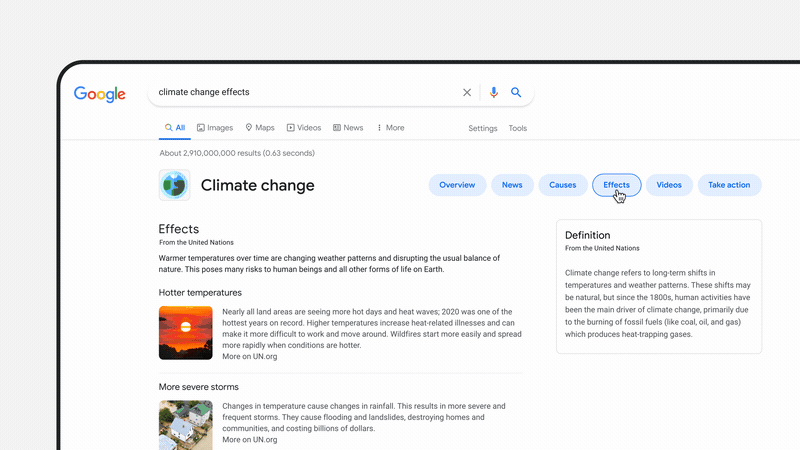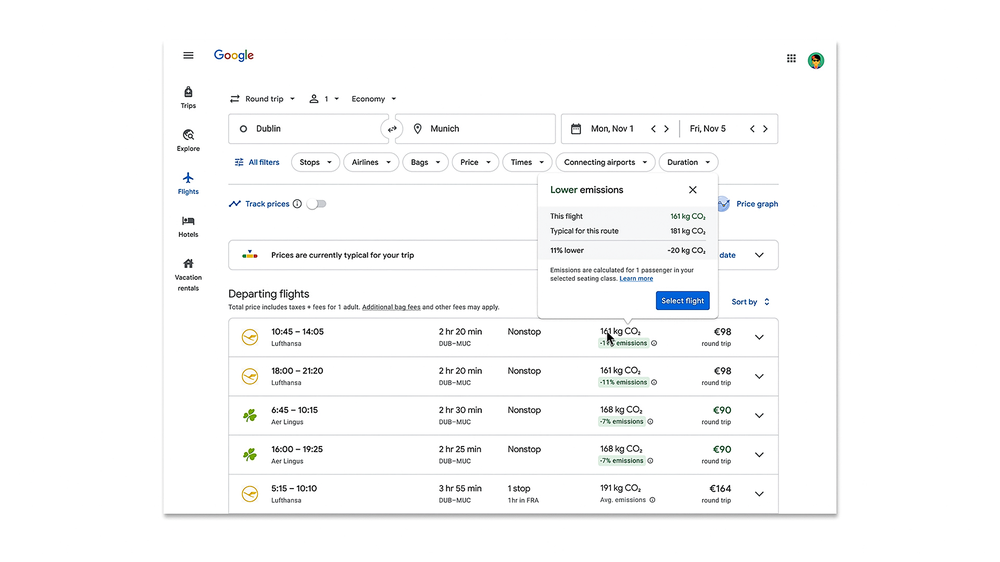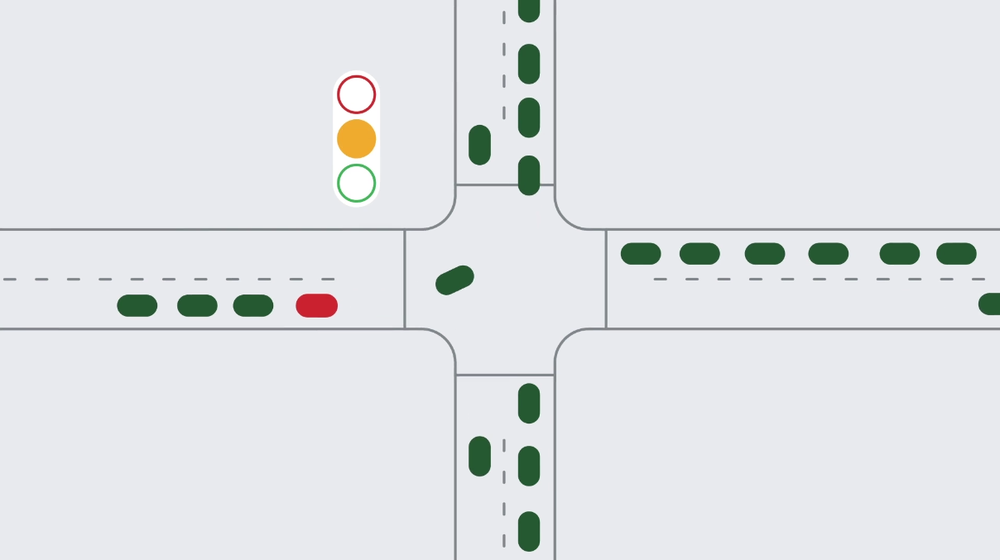 CLOUD
CLOUD
 CLOUD
CLOUD
 CLOUD
CLOUD
Google LLC is making a huge push to combat climate change with the launch of numerous new features in Google Search.
The idea is to help people to make more sustainable choices, either by lowering their carbon footprint, supporting clean energy or taking eco-friendly actions. In a blog post, Google Chief Executive Sundar Pichai spoke about the need for urgent and meaningful solutions to tackle climate change.
“When people come to Google Search with questions about climate change, we’ll show authoritative information from sources like the United Nations,” he said. “It’s part of our goal to help 1 billion people make more sustainable choices by 2022.”
In addition to surfacing more accurate information on climate change, Google is trying to make it easier for people to find electric and other eco-friendly vehicles. Pichai said interest in EVs and charging stations has never been higher and the company will cater to this by promoting climate-friendly cars in its search results. The results will also let users compare EV models with traditional vehicles to help them understand the environmental benefits.
The search results will include green tags so users can refine their search for “Electric” or “Hybrid plug-in” models. There will also be a “Charging” tab that provides info on how long it takes to recharge as well as charging stations nearby. Another useful feature is the “Annual energy cost estimate” tool that can be used to compared EVs with gasoline models.

Google will also help people cut down their carbon emissions by highlighting the most fuel-efficient route on Google Maps, in cases where it’s not the fastest one.
“Traveling by car is one of the more carbon-intensive choices people make on a daily basis,” Pichai said. “We estimate that this could save over 1 million tons of carbon emissions per year — the equivalent of removing over 200,000 cars from the road — and save you money by reducing fuel consumption.”
It’s not just cars that are bad for the environment. Flying creates a lot of carbon emissions too, so Google is providing information about that in its search results. From today, results in Google Flights will show the associated carbon emissions per seat for every flight it lists, and give users the ability to quickly find lower-carbon options.

Hotels are getting similar treatment. Google is listing information on whether they’re Green Key or EarthCheck certified, as well as details on their sustainability efforts around things like waste reduction and water conservation.
Google’s sustainability push extends into people’s homes too. The company announced a new service called Nest Renew for compatible Nest smart thermostats. Nest Renew leverages a feature called Energy Shift that can automatically shift electricity usage for heating and cooling to times of the day when energy is cleaner or less expensive.
“For those who want to do more to help support the growth of clean energy, we will offer a paid subscription option, Renew Premium, that will match your fossil fuel electricity at home with high-quality renewable energy credits generated from the same projects in Google’s energy portfolio,” Pichai said.
Shoppers and investors will be able to make more sustainable choices as well. In Google Shopping, the company will highlight the most cost-effective and eco-friendly options when shopping for energy-intensive home appliances such as dishwashers, furnaces, water heaters, stoves and dryers. Meanwhile Google Finance is adding a “sustainability score” that’s sources its data from the Climate Disclosure Project to user’s portfolios. So investors will be able to see how sustainable their entire portfolio is and perhaps invest more into cleaner companies.
A final effort involves traffic lights. As Pichai explained, traffic lights cause tons of unnecessary carbon emissions as cars sit at red lights, engines idling, waiting for them to change. Google’s idea is to make traffic lights more efficient to reduce that idling time to save on wasted fuel and reduce street-level air pollution.

To do that, Google is using artificial intelligence technology to optimize traffic lights. In a pilot project in Israel, early observations show a 10% to 20% reduction in fuel and intersection delays, Pichai said. The company is now expanding the project to traffic lights in Rio de Janeiro, Brazil, and hopes to expand to other cities around the world soon.
Analyst Holger Mueller of Constellation Research Inc. said today’s announcement illustrates the increased awareness of the need for sustainable practices. In Google’s case, he said this now transcends simply operating sustainable cloud data centers, where it has been a leader for some years already.
“Now sustainability is becoming a key part of the Google Search, helping people who increasingly want to make informed decisions,” Mueller said. “We only have one planet, so using it in a more sustainable way is a good move for all of us.”
Support our mission to keep content open and free by engaging with theCUBE community. Join theCUBE’s Alumni Trust Network, where technology leaders connect, share intelligence and create opportunities.
Founded by tech visionaries John Furrier and Dave Vellante, SiliconANGLE Media has built a dynamic ecosystem of industry-leading digital media brands that reach 15+ million elite tech professionals. Our new proprietary theCUBE AI Video Cloud is breaking ground in audience interaction, leveraging theCUBEai.com neural network to help technology companies make data-driven decisions and stay at the forefront of industry conversations.